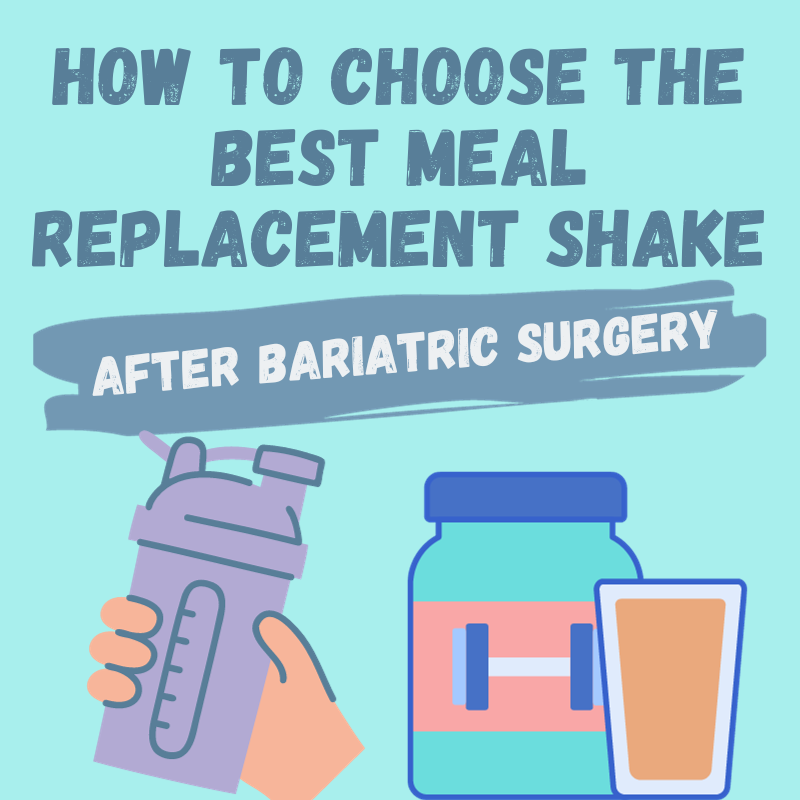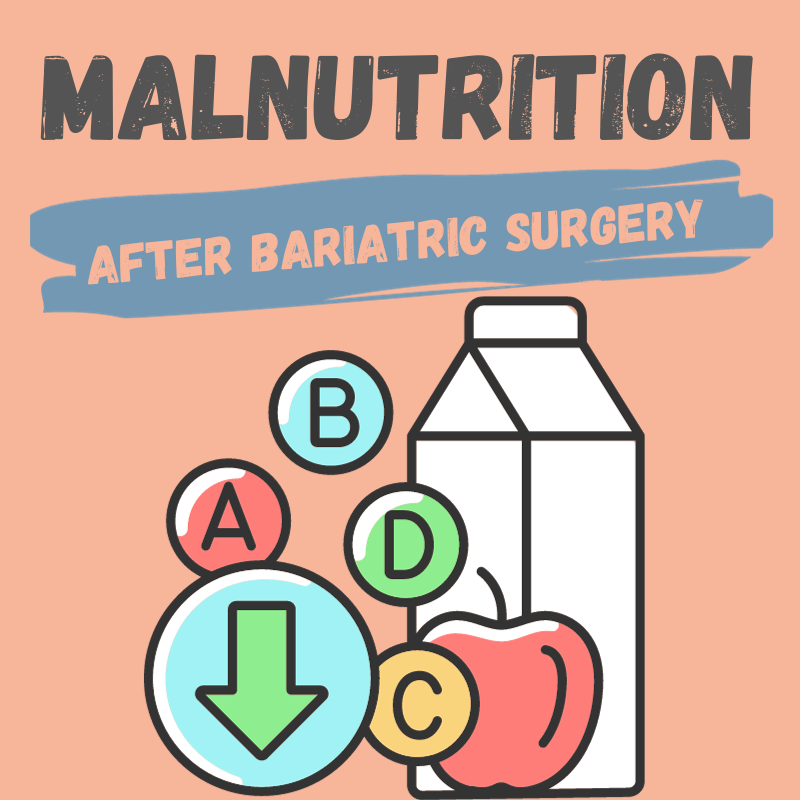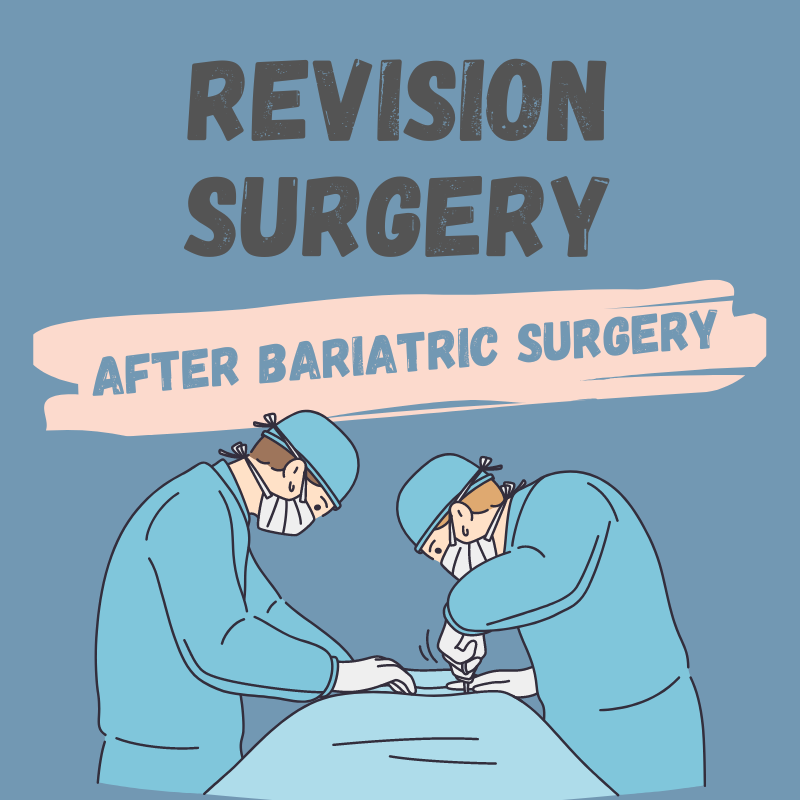Your cart is empty
Plastic Surgery & Loose Skin: The Next Step In Your Bariatric Journey

Losing a significant amount of weight through bariatric surgery can be a life-changing event, but it can also leave you with excess, loose skin. This can be frustrating, uncomfortable, and impact your self-esteem. But there are solutions available to help you feel more comfortable in your own skin.
Table Of Contents
- Loose Skin After Bariatric Surgery
- Skin Care
- Considering Plastic Surgery
- Common Plastic Surgery Procedures
- Key Takeaways
Loose Skin After Bariatric Surgery
It's important to remember that loose skin after bariatric surgery is a common issue that many patients face. This is because the skin was stretched due to the excess weight and may not always snap back into place after weight loss. It's not something to feel ashamed of or embarrassed about.
While it can be uncomfortable and cause emotional distress, there are ways to manage loose skin. Building muscle through strength training exercises can help fill out loose skin and improve the overall appearance of the body. Additionally, staying hydrated and moisturizing the skin can help improve its elasticity.

Skin Care
First and foremost, it's important to take care of your skin after bariatric surgery. As you lose weight, your skin will stretch, which can lead to dryness, itching, and even rashes. By focusing on specific strategies, you can improve the appearance of loose skin and feel more confident:
- Stay hydrated: Drinking plenty of water is crucial for skin health, as it helps maintain elasticity and suppleness. Make it a habit to sip water throughout the day, aiming for at least eight glasses or more.
- Strength training exercises: Building muscle through targeted workouts can help fill out loose skin and enhance the overall appearance of your body. By incorporating regular strength training sessions into your routine, you'll not only boost muscle mass but also create a more toned and firm look.
- Moisturize your skin: Nourishing your skin with hydrating lotions and creams can help improve its elasticity and overall appearance. Opt for products containing ingredients like hyaluronic acid, ceramides, and natural oils, which can effectively moisturize and support your skin's natural barrier.
- Embrace naturally soothing cleansers: Harsh soaps and chemicals can strip your skin of its natural oils, leaving it feeling dry and irritated. Instead, choose gentle, fragrance-free cleansers specifically formulated for sensitive skin. These cleansers will effectively cleanse your skin without causing further dryness or irritation.
- Protect your skin from the sun: Sun damage can lead to premature aging and exacerbate skin dryness. To protect your skin from harmful UV rays, apply a broad-spectrum sunscreen with an SPF of at least 30 when outside and by wearing protective clothing.
- Nutrient-rich diet: Consuming a diet rich in vitamins, minerals, and antioxidants can help support skin health and elasticity. Focus on whole foods like fruits, vegetables, lean proteins, and healthy fats, which provide essential nutrients for optimal skin health.
Considering Plastic Surgery After Bariatric Surgery
While plastic surgery can be a solution for excess skin after bariatric surgery, it's important to remember that it's not a one-size-fits-all option. It's a personal decision that should be made after careful consideration and consultation with a plastic surgeon. It's also important to have realistic expectations and understand that the goal of plastic surgery is to enhance body contour, not necessarily to achieve perfection.
Before undergoing any plastic surgery procedure, it's important to research and find a qualified and experienced plastic surgeon who has experience working with bariatric patients. Look for a surgeon who is board-certified and has a strong track record of successful procedures. Don't be afraid to ask for referrals or read reviews from previous patients.
Plastic surgery can be a significant financial investment, as it's often not covered by insurance. Be prepared to explore financing options, such as medical loans or payment plans, to ensure you can comfortably afford the procedure. It's also essential to factor in any additional costs, such as post-operative care or follow-up appointments. Patients should also be prepared for a period of recovery and downtime after the procedure.
Ultimately, the choice to undergo plastic surgery should be one that empowers you, boosts your confidence, and helps you feel more comfortable and proud of your transformed body.

Common Plastic Surgery Procedures
The most common plastic surgery procedures after bariatric surgery include:
- Abdominoplasty (Tummy Tuck): A tummy tuck is designed to create a firmer and smoother abdominal area by removing excess skin and fat, as well as tightening the underlying abdominal muscles. This procedure can help you achieve a more toned and contoured midsection, showcasing the hard work and dedication you've put into your weight loss journey.
- Arm Lift (Brachioplasty): For those looking to enhance the appearance of their upper arms, an arm lift removes excess skin and fat to create a more toned and defined look. This procedure can help you feel more confident when wearing sleeveless clothing and showcase the results of your strength training efforts.
- Thigh Lift: A thigh lift focuses on removing excess skin and fat from the thighs to create a smoother and more contoured leg appearance. This procedure can be particularly beneficial if you've experienced chafing or discomfort due to loose skin in the thigh area. A thigh lift can help you feel more comfortable and confident in your favorite outfits, from jeans to skirts.
- Breast Lift or Reduction: Many women experience sagging or excess breast tissue after significant weight loss, which can lead to discomfort or self-consciousness. A breast lift or reduction can restore a more youthful and perky breast appearance, as well as improve breast symmetry.
Key Takeaways:
- Loose skin is common after bariatric surgery but can be managed with strength training exercises, staying hydrated, and moisturizing the skin.
- Proper skin care is essential for maintaining skin health, including hydration, exercise, moisturizing, using gentle cleansers, sun protection, and eating a nutrient-rich diet.
- Plastic surgery is a personal decision and should be made after careful consideration, research, and consultation with an experienced plastic surgeon.
- Be prepared for financial investment and recovery time if choosing to undergo plastic surgery for excess skin removal.
- Common plastic surgery procedures after bariatric surgery include abdominoplasty (tummy tuck), arm lift (brachioplasty), thigh lift, and breast lift or reduction.
Bariatric Guides & Information
More Info
Customer Favorites
- Choosing a selection results in a full page refresh.




























